Home>Gardening & Outdoor>Landscaping Ideas>How Fast Will Bermuda Grass Spread
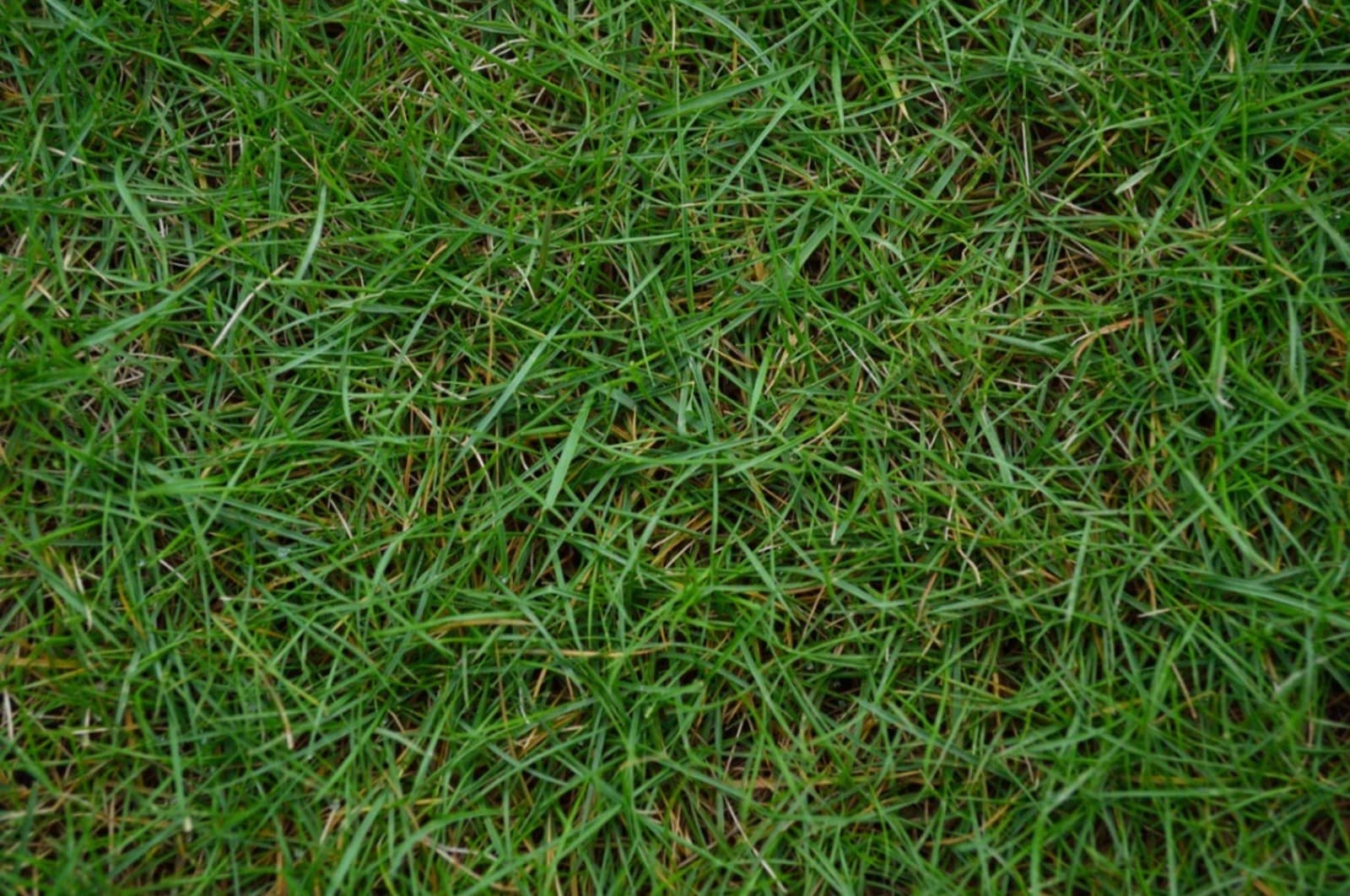

Landscaping Ideas
How Fast Will Bermuda Grass Spread
Modified: March 29, 2024
Learn how to speed up the spread of Bermuda grass with effective landscaping ideas. Discover the best practices for promoting healthy growth and coverage.
(Many of the links in this article redirect to a specific reviewed product. Your purchase of these products through affiliate links helps to generate commission for Storables.com, at no extra cost. Learn more)
Introduction
Bermuda grass, scientifically known as Cynodon dactylon, is a popular warm-season grass that thrives in various climates and soil types. Its ability to spread quickly and form a lush, dense turf makes it a sought-after choice for lawns, parks, and sports fields. Homeowners and landscapers often wonder about the speed at which Bermuda grass spreads and how to encourage or control its growth. Understanding the factors influencing its spread and the methods for managing it can help individuals make informed decisions when cultivating and maintaining Bermuda grass lawns.
In this comprehensive guide, we will delve into the various factors that affect Bermuda grass spread, explore methods to encourage its growth, and discuss strategies for controlling its expansion. Whether you are looking to establish a vibrant Bermuda grass lawn or manage its spread within specific areas, this article will equip you with the knowledge to make well-informed choices. Let's embark on a journey to unravel the secrets of Bermuda grass spread and discover how to harness its growth for stunning, verdant landscapes.
Key Takeaways:
- Bermuda grass spreads quickly in warm, sunny climates with proper soil, watering, and maintenance. Encourage its growth by preparing soil, watering deeply, and using balanced fertilization for lush, vibrant lawns.
- To control Bermuda grass spread, use barriers, selective herbicides, and manual removal. Regular maintenance and boundary reinforcement help maintain desired landscaping boundaries while preserving the grass’s resilience and vigor.
Read more: How To Help Bermuda Grass Spread
Factors Affecting Bermuda Grass Spread
Several key factors influence the spread of Bermuda grass, determining the speed and extent of its growth. Understanding these factors is crucial for effectively managing and nurturing a Bermuda grass lawn. Let’s explore the primary elements that impact the spread of this resilient grass variety:
- Climate: Bermuda grass thrives in warm climates with ample sunlight. It exhibits rapid growth during the hot summer months, spreading vigorously in regions with long periods of warmth and sunlight. Cooler climates may slow down its spread, making it important to consider local climate conditions when cultivating Bermuda grass.
- Soil Quality: The quality and composition of the soil significantly influence Bermuda grass spread. It prefers well-draining soil with good fertility, thriving in sandy or loamy soils. Poorly aerated or compacted soils can hinder its growth, emphasizing the importance of soil preparation and maintenance for optimal spread.
- Watering and Irrigation: Adequate watering is essential for promoting Bermuda grass spread. Consistent and deep watering encourages its roots to establish and expand, contributing to a lush and expansive turf. However, overwatering can lead to shallow root systems and may promote weed growth, necessitating a balanced approach to irrigation.
- Mowing and Maintenance: Proper mowing practices play a significant role in Bermuda grass spread. Regular mowing at the appropriate height promotes lateral growth and helps the grass develop a dense, carpet-like appearance. Additionally, routine maintenance tasks such as dethatching and aerating contribute to healthy spread and overall turf vigor.
- Fertilization and Nutrient Levels: The availability of essential nutrients, particularly nitrogen, phosphorus, and potassium, influences Bermuda grass spread and density. Balanced fertilization supports vigorous growth and aids in the formation of a robust turf, fostering the rapid spread of this resilient grass species.
- Competition and Encroachment: Managing competition from weeds and other grass species is vital for promoting Bermuda grass spread. Controlling invasive plants and preventing encroachment from neighboring lawns or natural vegetation supports the unhindered expansion of Bermuda grass across the desired landscape.
By considering these factors and implementing appropriate strategies, individuals can effectively nurture and manage Bermuda grass spread, harnessing its resilience and rapid growth to create stunning and vibrant outdoor spaces.
Methods to Encourage Bermuda Grass Spread
Encouraging the spread of Bermuda grass involves implementing various techniques and practices to optimize its growth and coverage. Whether establishing a new lawn or seeking to enhance the density and lushness of existing turf, employing the following methods can effectively promote the vigorous spread of Bermuda grass:
- Proper Soil Preparation: Before planting Bermuda grass, thorough soil preparation is essential for fostering its spread. This includes ensuring proper drainage, addressing soil compaction, and incorporating organic matter to enhance soil fertility. Well-prepared soil provides an ideal environment for Bermuda grass roots to establish and proliferate.
- Optimized Watering Regimen: Implementing a consistent and deep watering schedule is crucial for encouraging Bermuda grass spread. Providing adequate moisture supports root development and lateral growth, enabling the grass to expand and form a dense turf. It is important to water deeply and infrequently to promote deep root growth and resilience.
- Regular Mowing at the Appropriate Height: Maintaining Bermuda grass at the recommended mowing height promotes lateral growth and encourages the development of a thick, uniform turf. By adhering to proper mowing practices, individuals can stimulate the spread of Bermuda grass and achieve an attractive and resilient lawn.
- Strategic Fertilization: Applying balanced fertilizers at the right time and in the correct amounts is instrumental in promoting Bermuda grass spread. Nitrogen-rich fertilizers support vigorous growth and aid in the formation of a lush turf, facilitating the rapid expansion of this resilient grass variety.
- Overseeding and Sodding: Introducing additional Bermuda grass seed through overseeding or laying sod in sparse or patchy areas can expedite the spread and fill in gaps within the lawn. This method helps achieve uniform coverage and encourages the grass to proliferate across the entire landscape.
- Weed and Pest Management: Effectively controlling weeds and managing pest infestations is vital for fostering Bermuda grass spread. By minimizing competition and potential damage from pests, the grass can thrive and propagate unhindered, leading to enhanced coverage and density.
- Optimal Maintenance Practices: Implementing routine maintenance tasks such as dethatching, aerating, and addressing soil pH imbalances supports Bermuda grass spread. These practices contribute to a healthy and robust turf, encouraging the grass to proliferate and form a resilient, expansive lawn.
By incorporating these methods into lawn care routines and cultivation practices, individuals can actively encourage the rapid spread and lush growth of Bermuda grass, resulting in vibrant and verdant outdoor landscapes.
Bermuda grass can spread quickly, especially in warm climates. To encourage faster spreading, keep the soil moist and provide regular fertilization.
How to Control Bermuda Grass Spread
While Bermuda grass is prized for its rapid spread and resilient nature, there are instances where controlling its growth becomes necessary to maintain landscaping boundaries and prevent encroachment into undesired areas. Employing effective control measures can help manage Bermuda grass spread and prevent it from overtaking neighboring vegetation or hardscapes. Here are several strategies for controlling the spread of Bermuda grass:
- Edging and Barrier Installation: Creating physical barriers, such as edging or installing underground barriers, can help contain the spread of Bermuda grass. These barriers prevent the grass from encroaching into flower beds, walkways, or other landscaped areas, effectively limiting its expansion.
- Regular Maintenance and Monitoring: Diligent maintenance, including regular mowing and monitoring, is essential for controlling Bermuda grass spread. Promptly removing any runners or rhizomes that extend beyond designated boundaries can prevent unchecked growth and maintain the desired turf area.
- Selective Herbicide Application: Utilizing selective herbicides specifically designed to target Bermuda grass can aid in controlling its spread. Carefully applying herbicides to affected areas while minimizing impact on desirable vegetation helps manage the grass’s growth and prevent it from overtaking other plants.
- Manual Removal of Rhizomes: Hand-pulling or digging out Bermuda grass rhizomes from non-designated areas can be an effective control method. Thoroughly removing the underground stems helps prevent the grass from spreading uncontrollably and encroaching into unwanted spaces.
- Shading and Reduced Irrigation: Introducing shading elements or reducing irrigation in specific areas can slow down Bermuda grass spread. Limiting sunlight and moisture can impede its growth, providing a natural control mechanism to contain its expansion.
- Utilization of Landscape Fabric: Installing landscape fabric beneath mulch or gravel in non-turf areas can inhibit Bermuda grass spread. The fabric acts as a barrier, preventing the grass from establishing and spreading in designated non-grassy zones.
- Regular Boundary Maintenance: Establishing clear boundaries and consistently maintaining landscape edges can help control Bermuda grass spread. Regularly defining and reinforcing boundaries through edging and trimming prevents the grass from encroaching into adjacent areas.
By implementing these control strategies in a targeted and consistent manner, individuals can effectively manage Bermuda grass spread and preserve the desired landscape aesthetics without compromising the overall health and vigor of the grass.
Conclusion
Bermuda grass, with its remarkable ability to spread rapidly and form lush, resilient turf, offers a myriad of benefits for landscaping and outdoor spaces. Understanding the factors influencing its spread, as well as the methods for encouraging and controlling its growth, is essential for cultivating vibrant and healthy lawns while maintaining landscaping boundaries.
By considering the influence of climate, soil quality, watering practices, maintenance routines, and competition on Bermuda grass spread, individuals can make informed decisions to optimize its growth and coverage. Implementing proper soil preparation, strategic watering, balanced fertilization, and effective maintenance practices can actively encourage the vigorous spread of Bermuda grass, resulting in lush and expansive turf areas.
However, in instances where controlling Bermuda grass spread becomes necessary, employing measures such as edging, selective herbicide application, manual rhizome removal, and boundary maintenance can effectively manage its growth and prevent encroachment into non-designated areas. These control strategies enable individuals to maintain landscaping boundaries and preserve the desired aesthetics of their outdoor spaces while preventing unchecked spread.
Whether creating new Bermuda grass lawns, revitalizing existing turf, or managing its growth within specific areas, the insights and techniques presented in this guide empower individuals to harness the resilience and rapid spread of Bermuda grass for stunning and vibrant landscapes, all while effectively controlling its expansion as needed.
By leveraging a comprehensive understanding of the factors influencing Bermuda grass spread and implementing targeted methods to encourage or control its growth, individuals can achieve thriving and visually captivating outdoor environments, showcasing the beauty and versatility of this resilient warm-season grass variety.
Frequently Asked Questions about How Fast Will Bermuda Grass Spread
Was this page helpful?
At Storables.com, we guarantee accurate and reliable information. Our content, validated by Expert Board Contributors, is crafted following stringent Editorial Policies. We're committed to providing you with well-researched, expert-backed insights for all your informational needs.
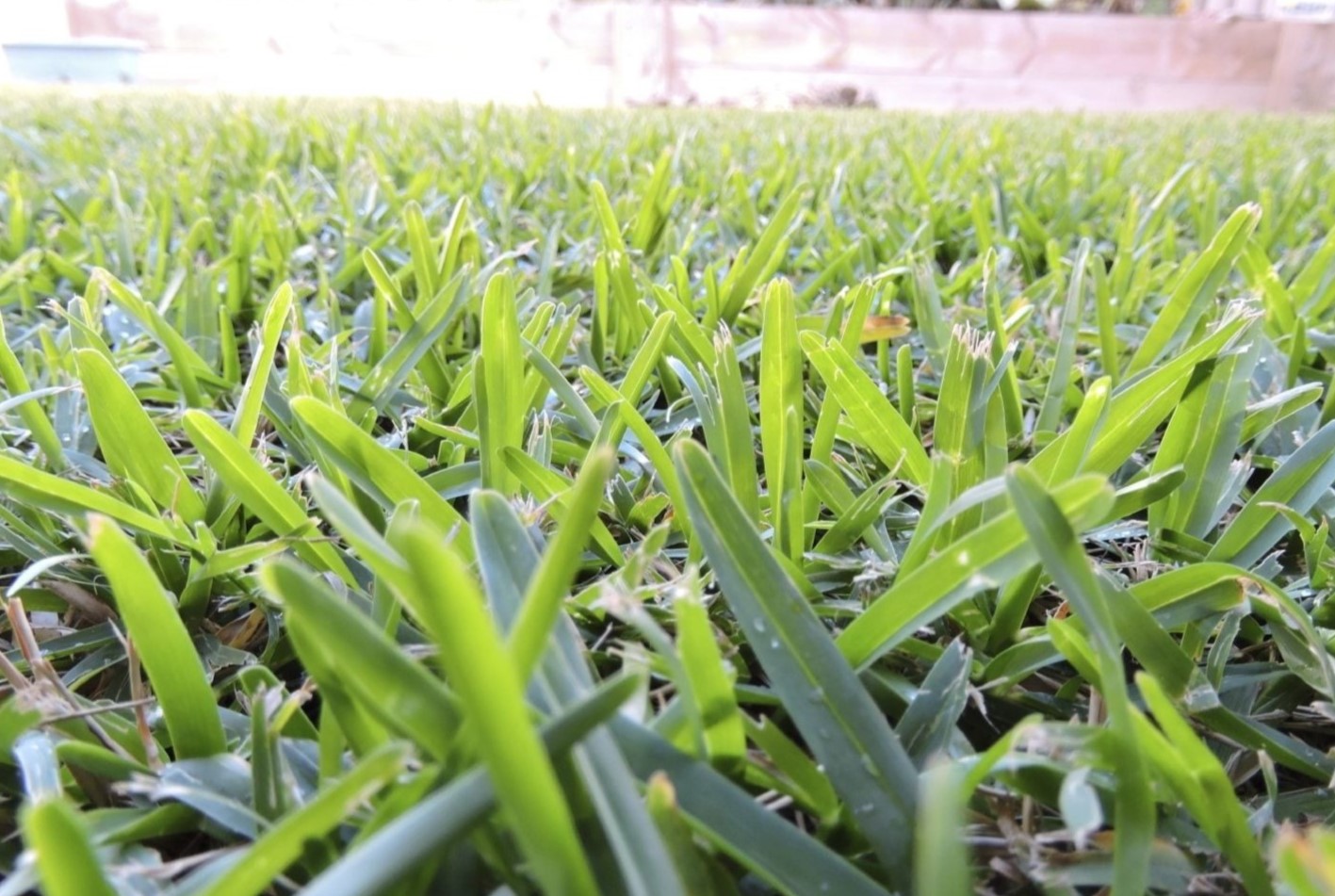
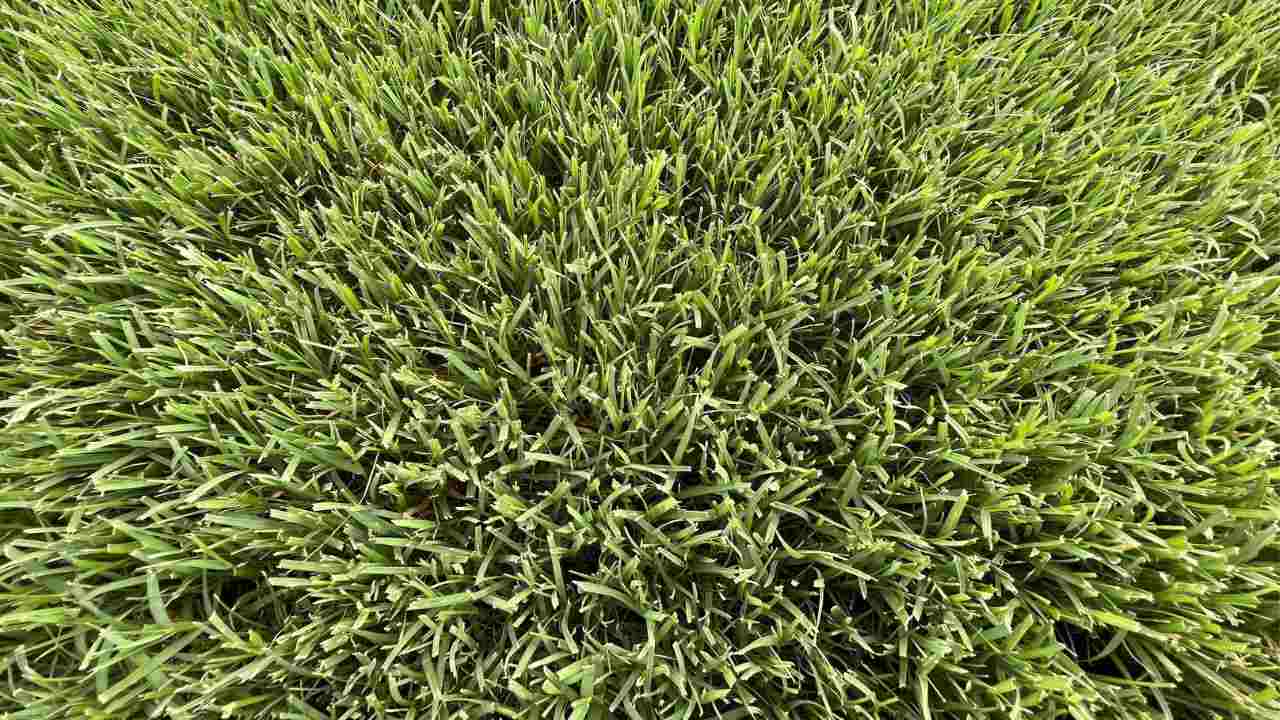

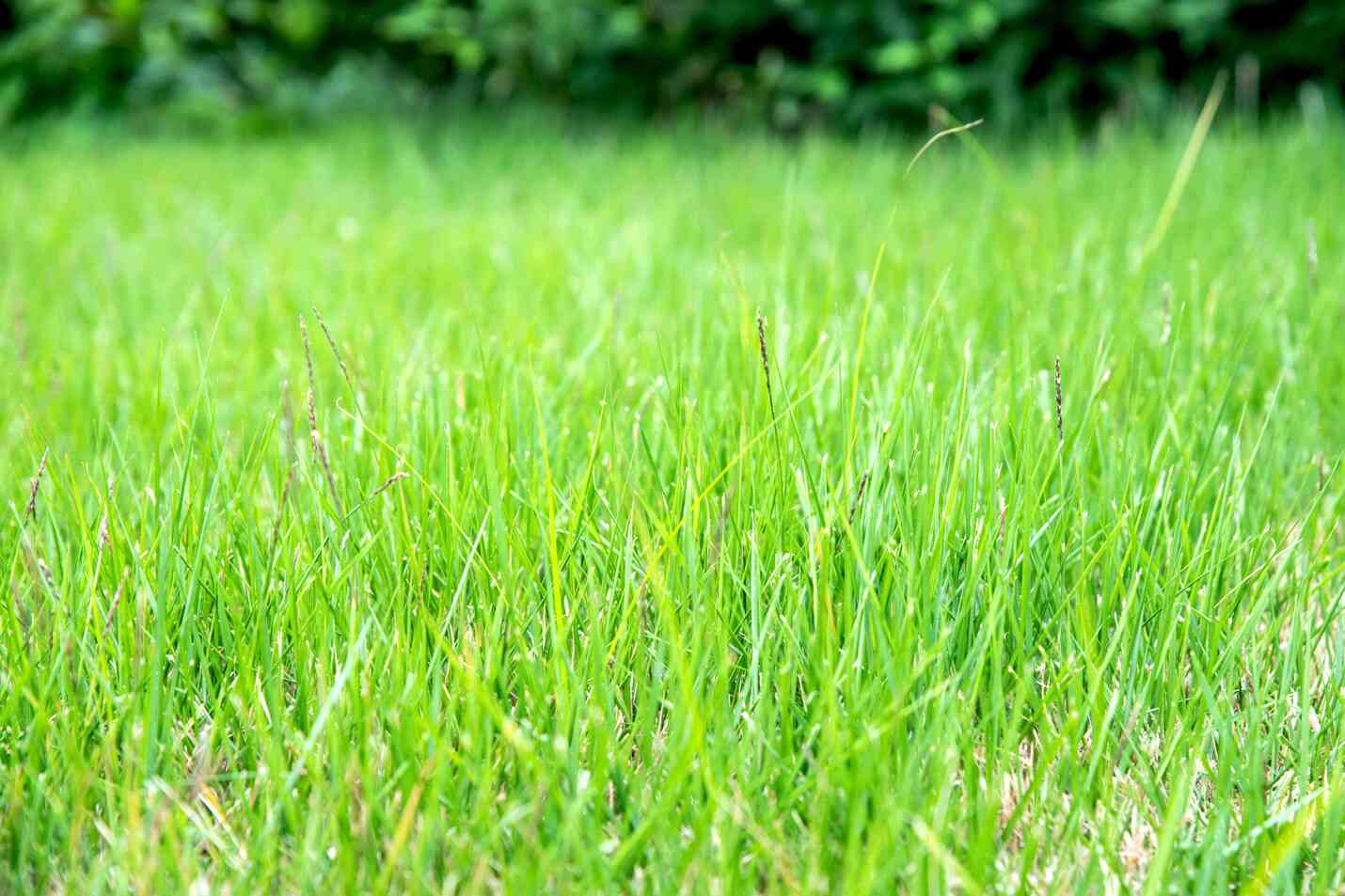
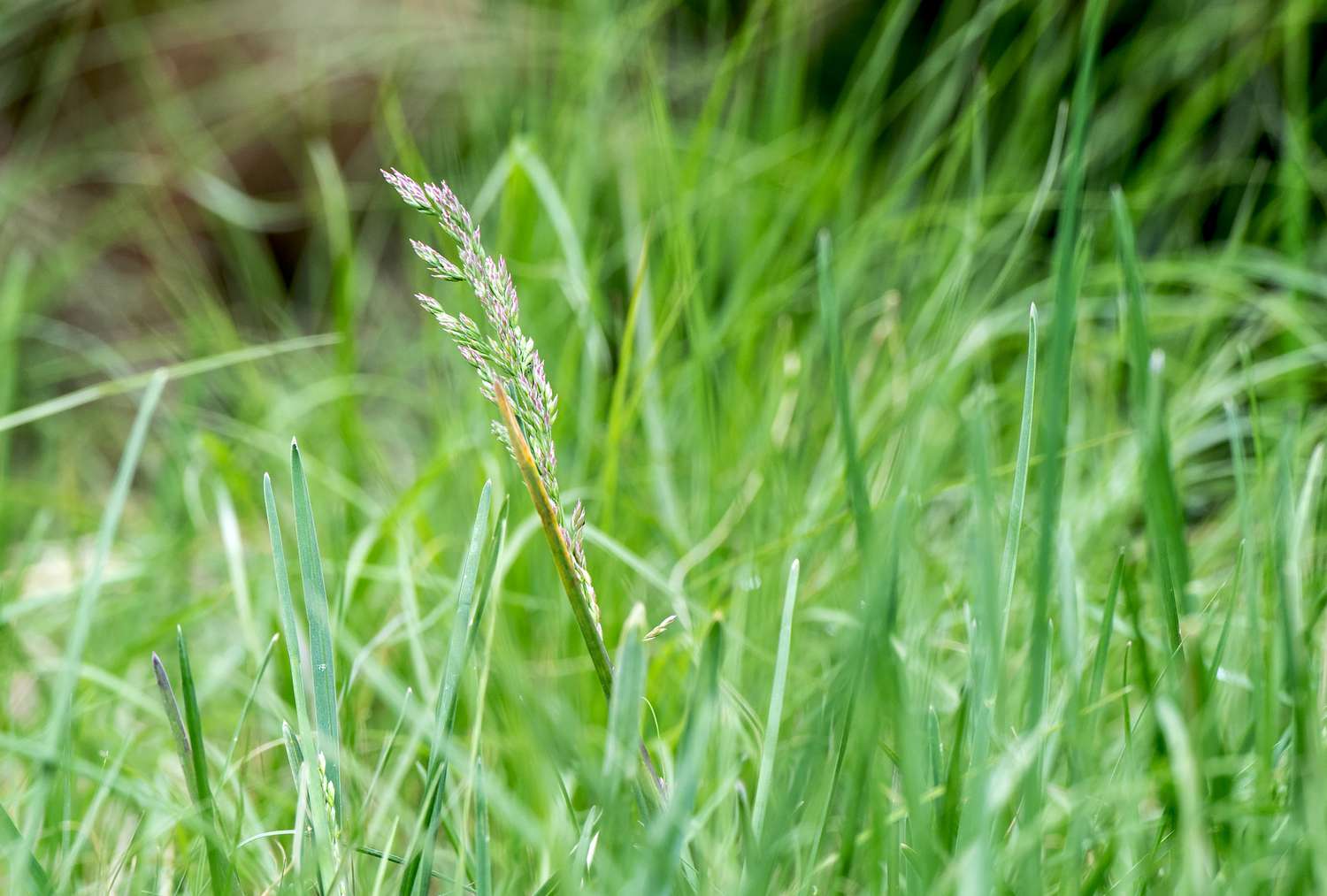
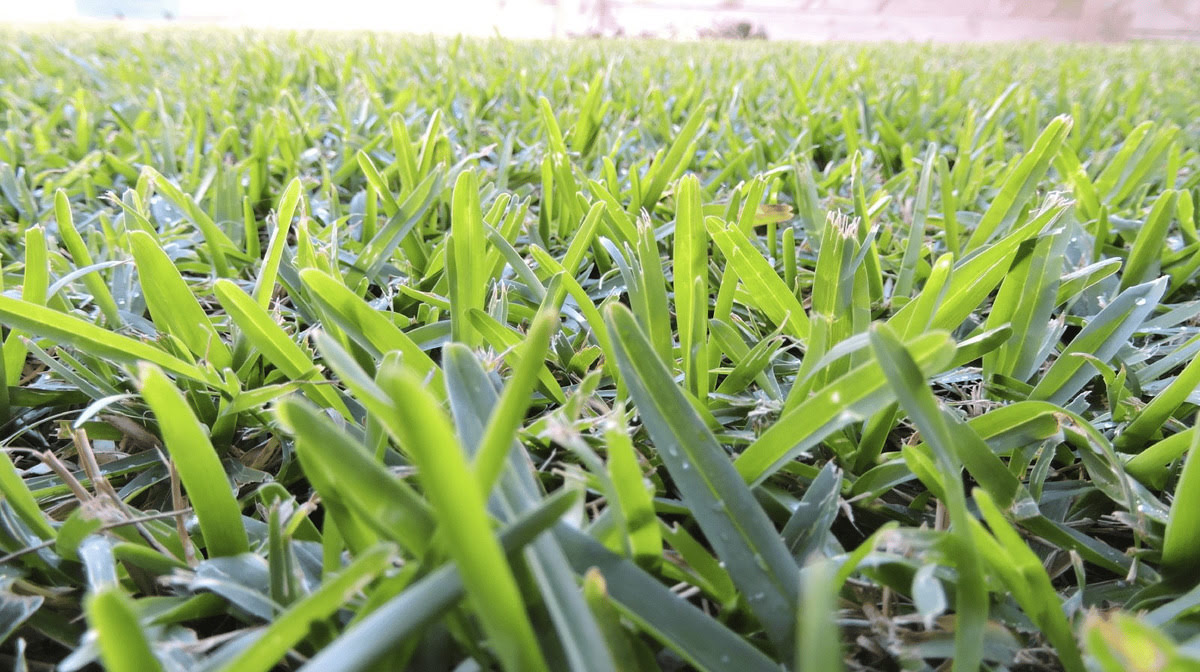
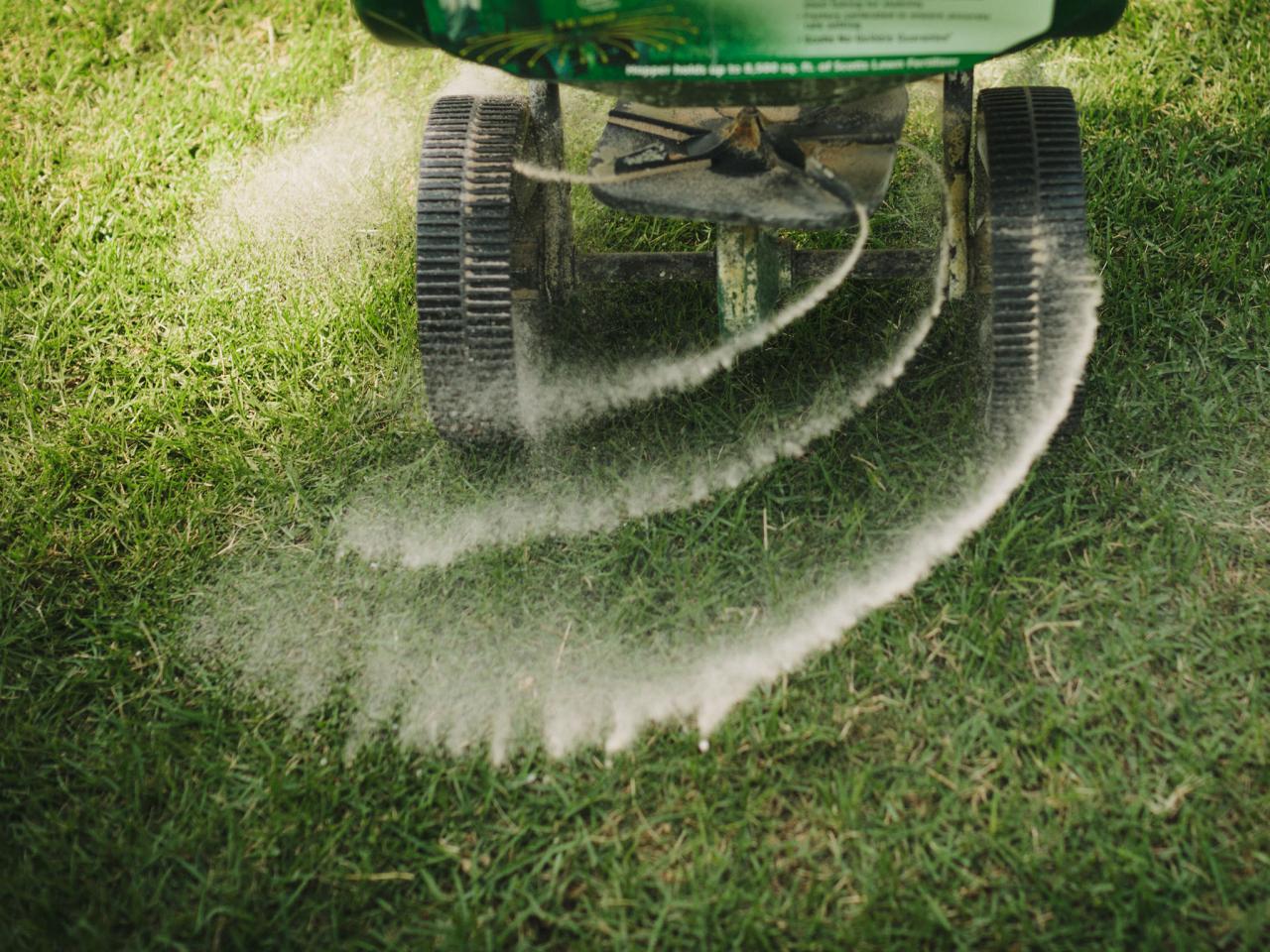
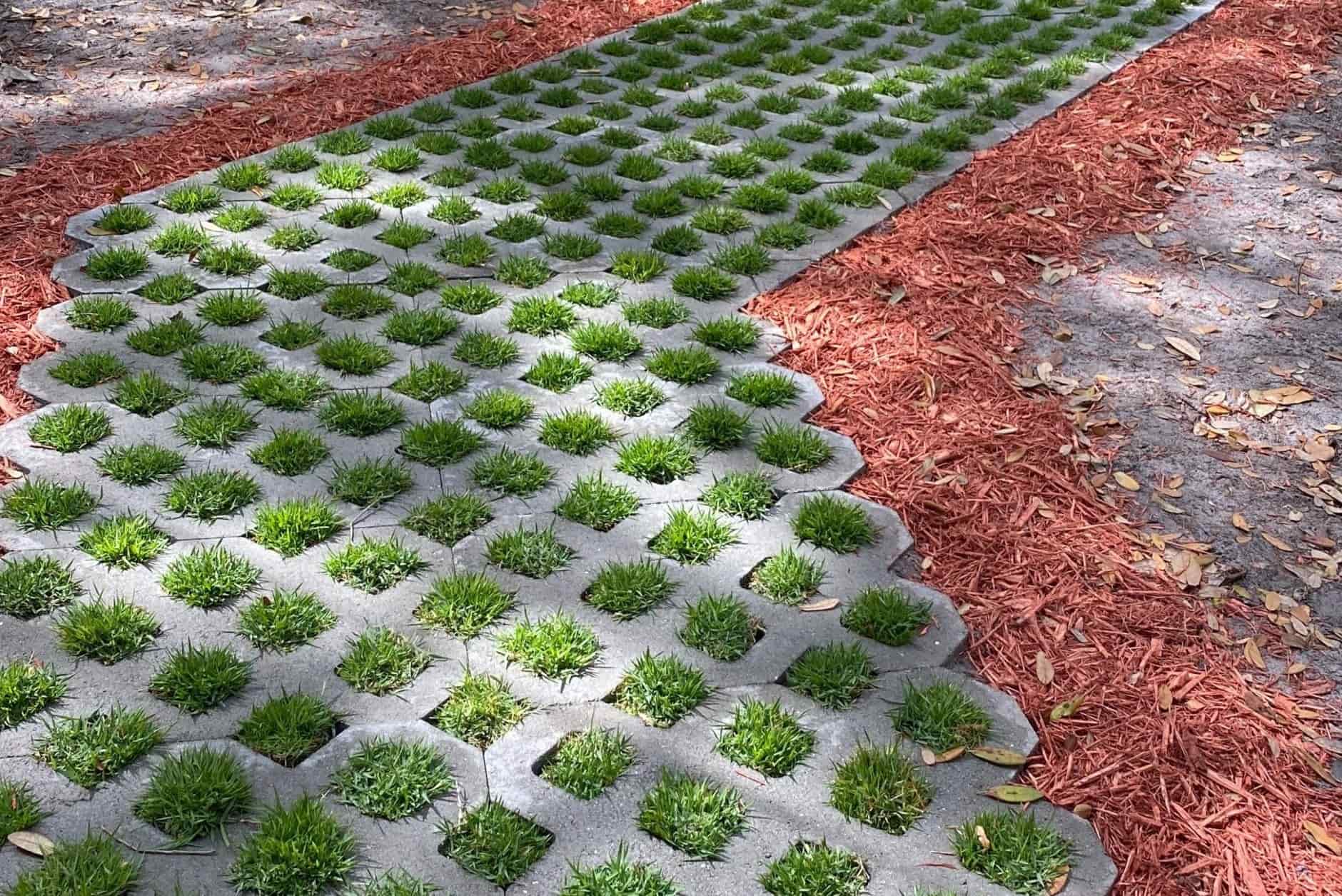
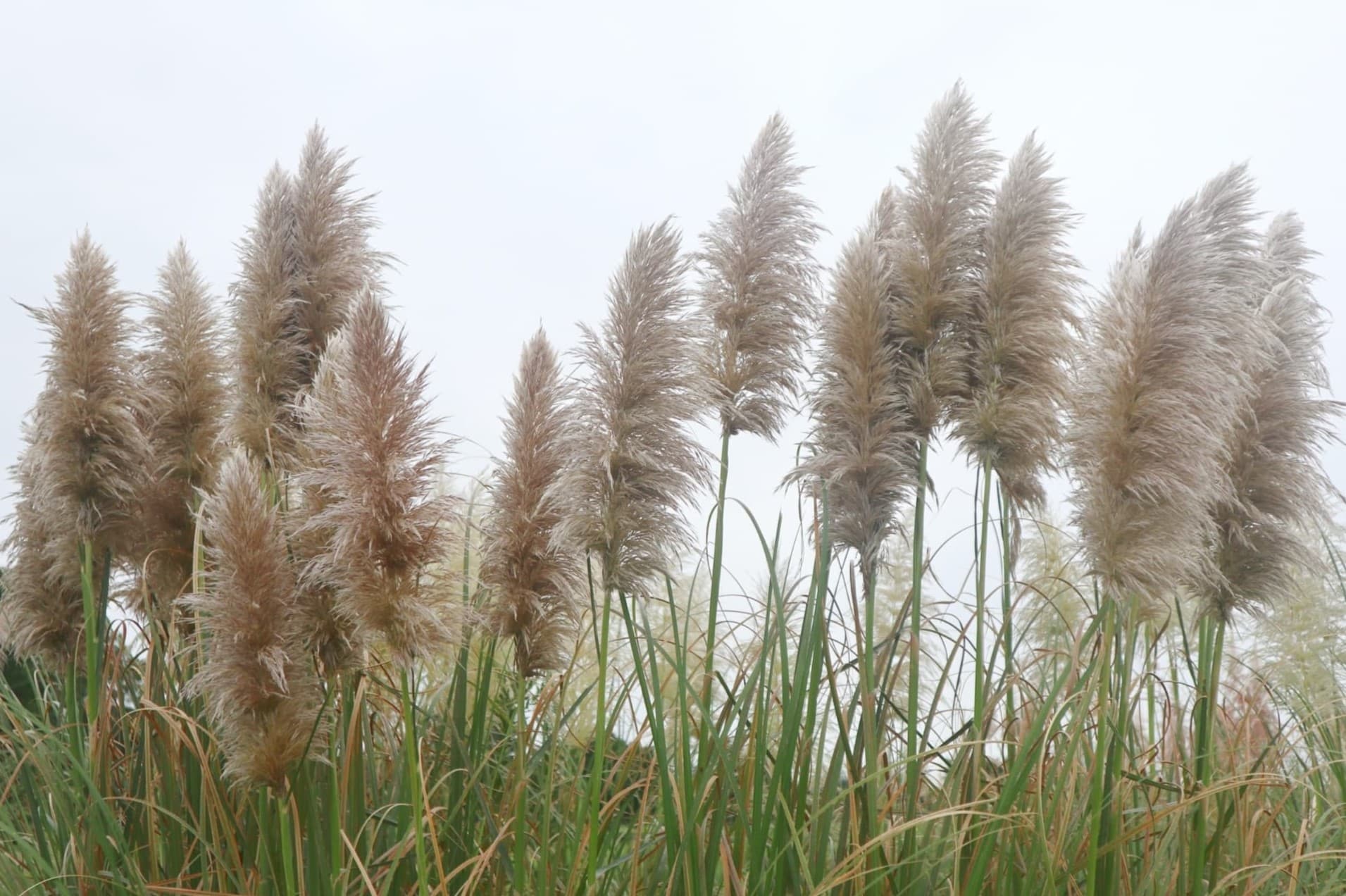
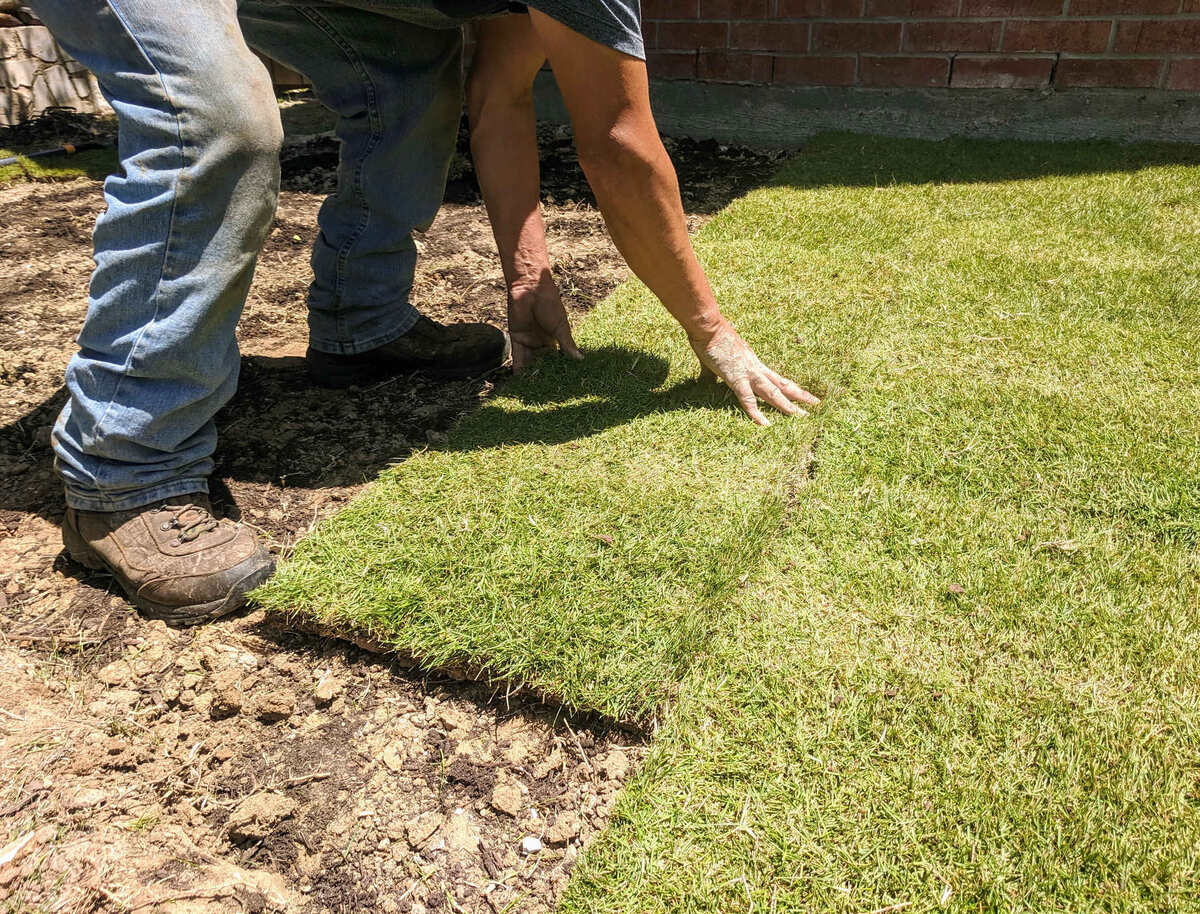
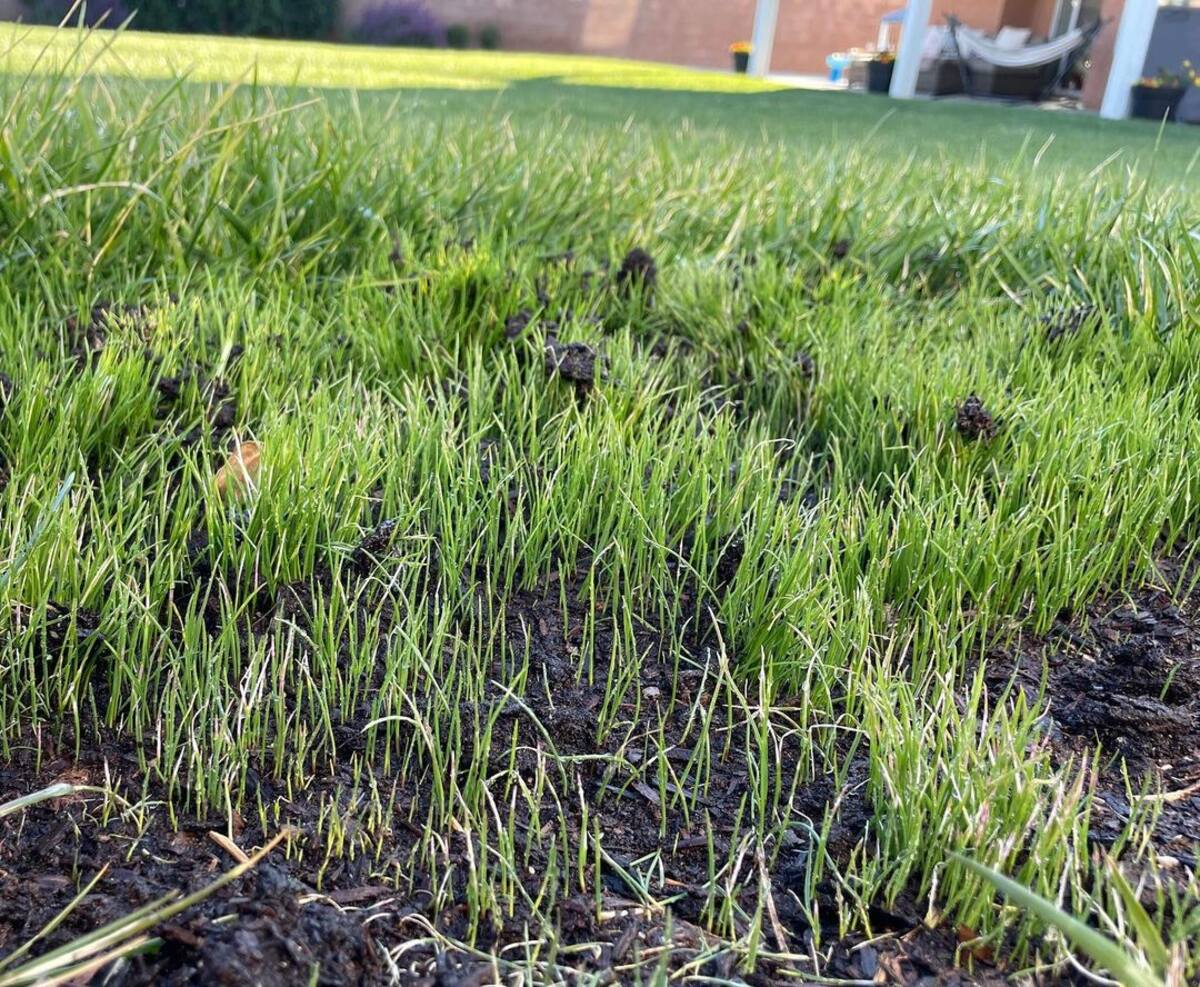
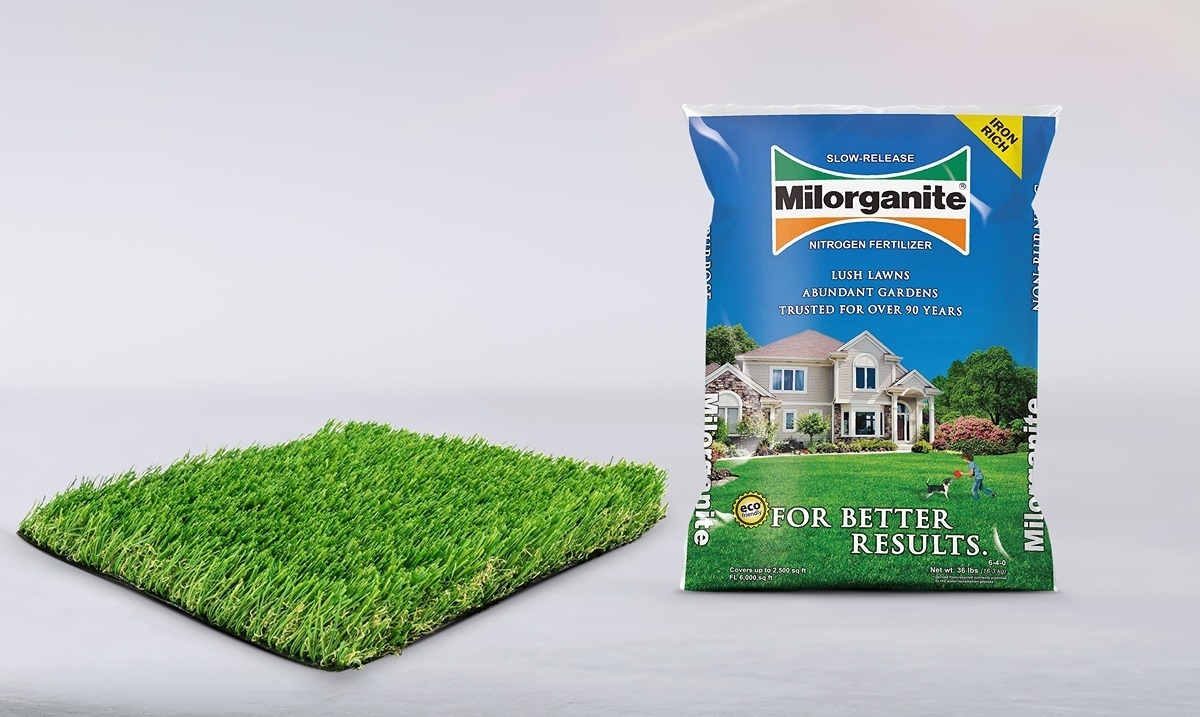
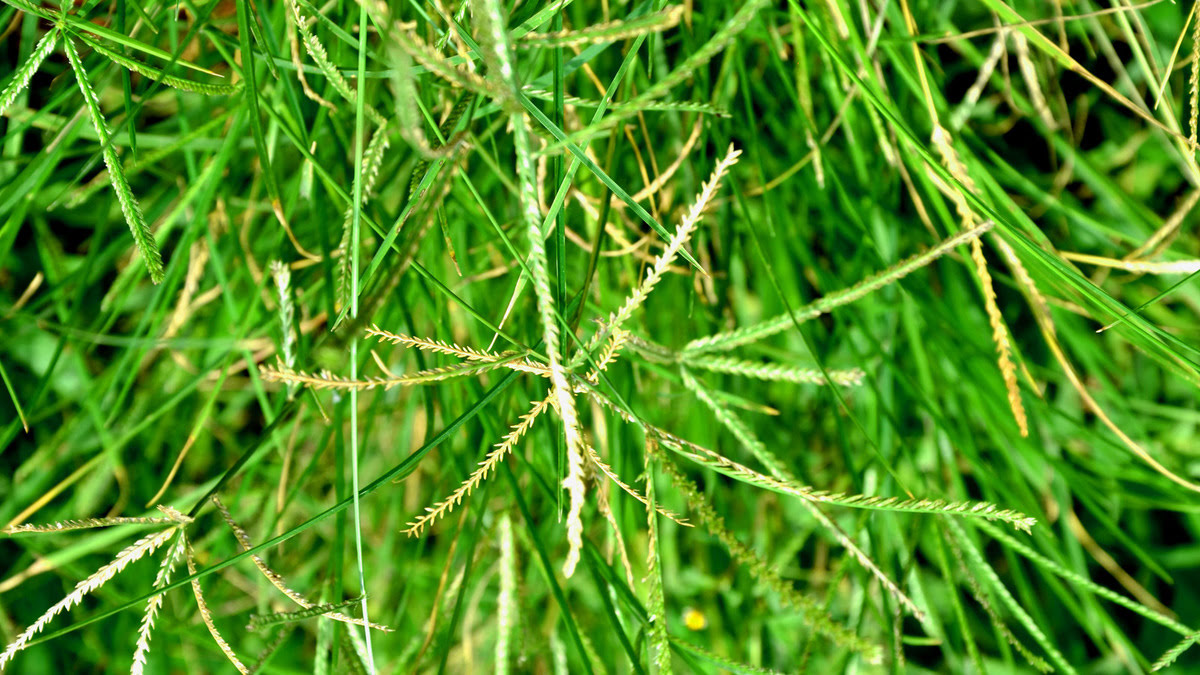
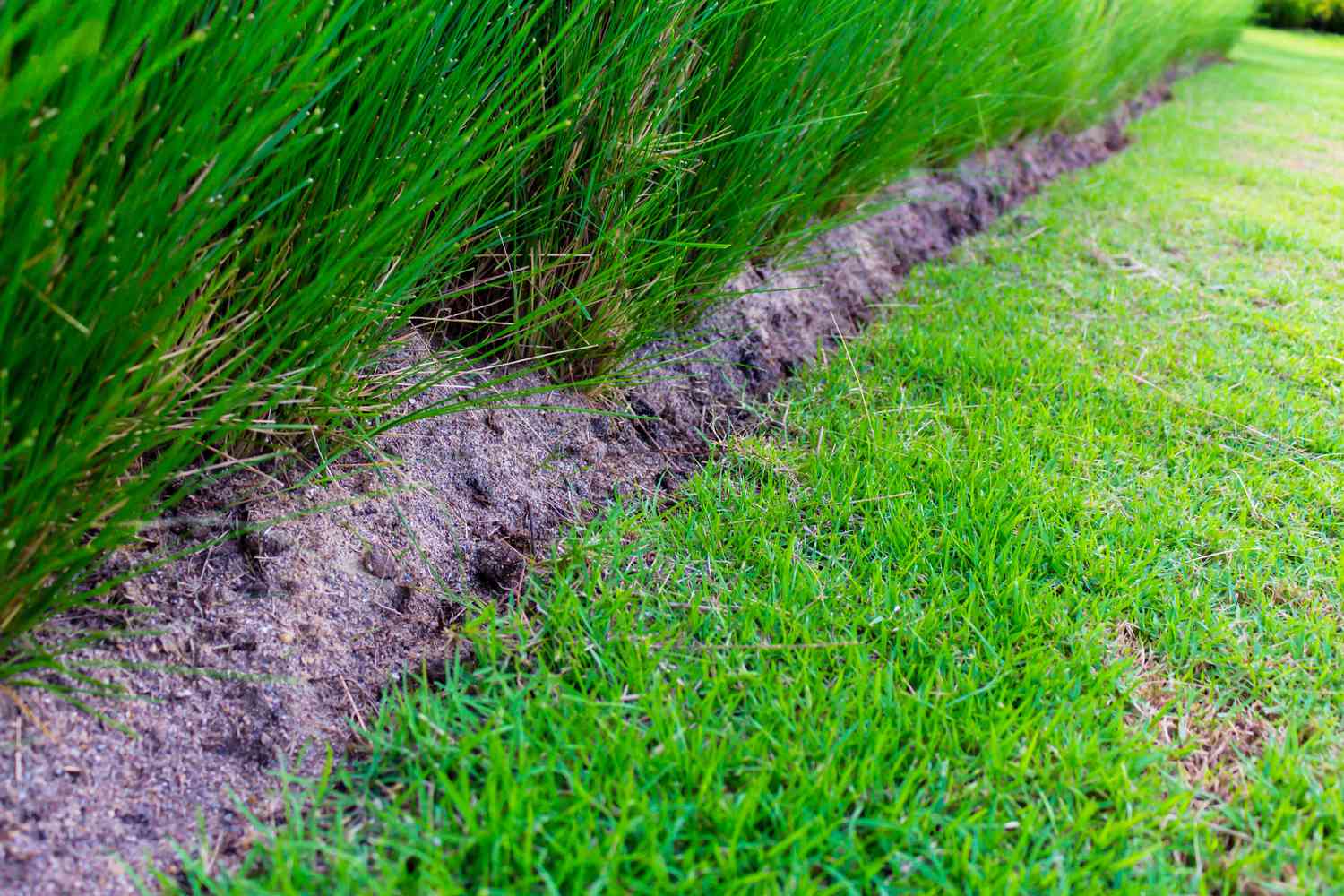
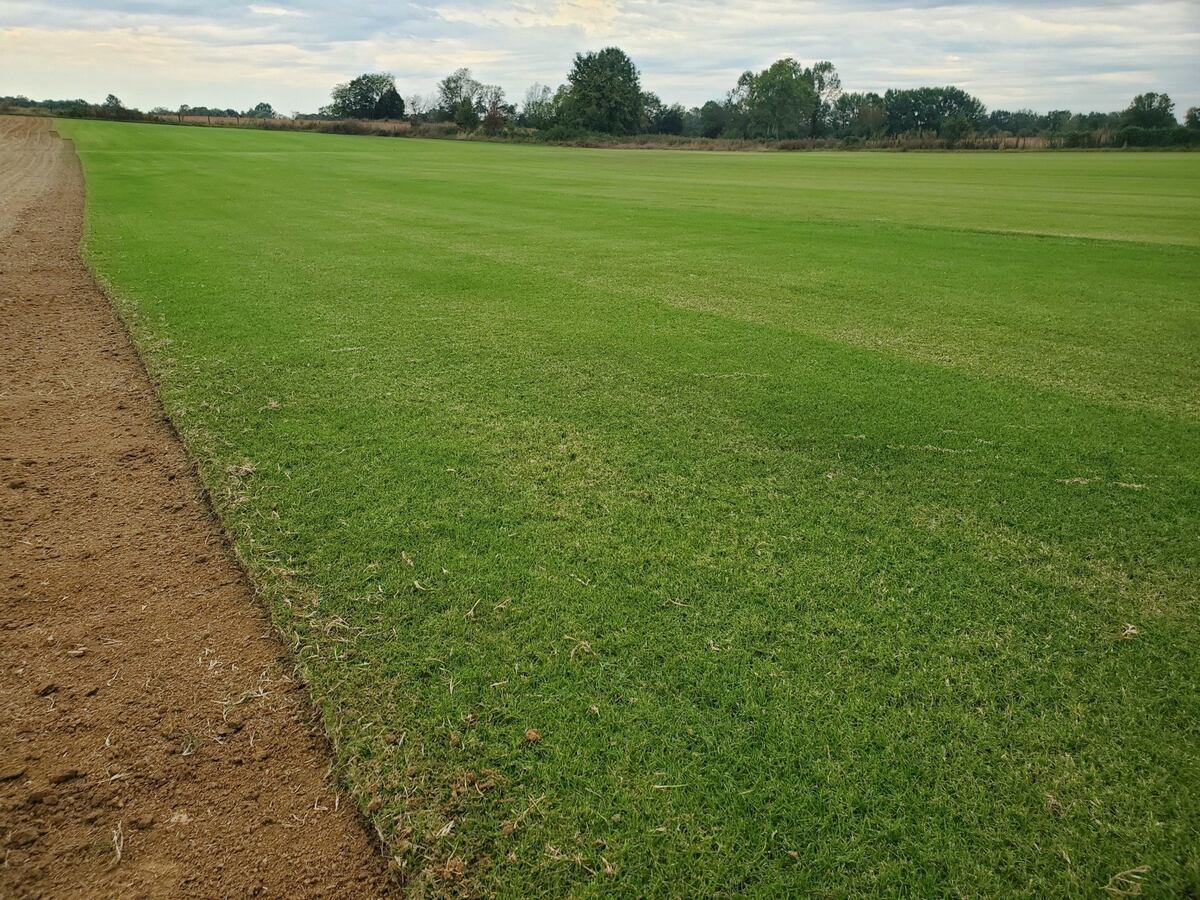

0 thoughts on “How Fast Will Bermuda Grass Spread”